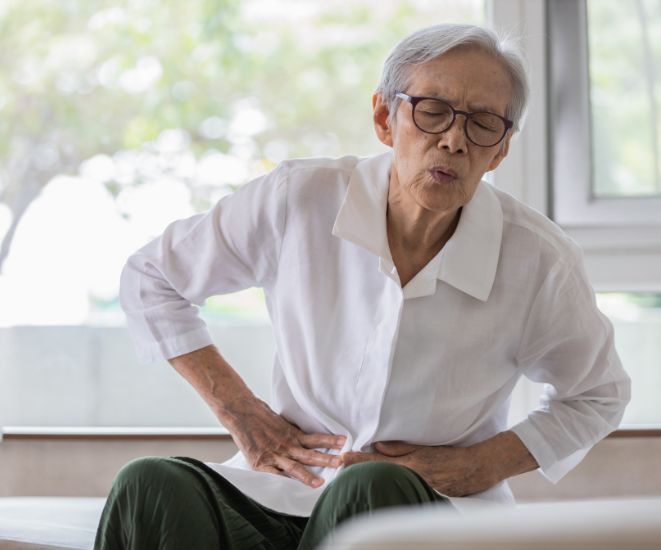Helping You Stay Alert and Safe
Lymphoma is a type of cancer that affects the lymphatic system, which is part of your immune system. This system helps fight infections and keeps you healthy. To help, there's Brukinsa, a medicine used to treat certain blood cancers like mantle cell lymphoma and chronic lymphocytic leukemia.
Common Signs of Lymphoma
Chest Pain
If lymphoma spreads to your chest, it can cause pain or pressure. You may feel tightness or discomfort in that area.
Frequent Infections
Lymphoma affects your immune system, making you sick more often. These infections might last longer and be harder to treat.
Related Search Topics (Ads)
Belly Pain or Swelling
If lymphoma is in the abdomen, it can cause pain or swelling in your belly. You might feel full even if you haven’t eaten much.
Unexplained Weight Loss
Losing weight without trying can be a warning sign. This sudden weight loss might happen for no clear reason.
Swollen Lymph Nodes
You might feel lumps in your neck, underarms or groin. These lumps happen when the lymph nodes get swollen.
Tiredness
Feeling very tired or weak all the time, even after resting, can signal lymphoma. This tiredness can make daily tasks hard.
Fever
People with lymphoma often have fevers that come and go without reason. These fevers can be mild and not related to any infection.
Itchy Skin
Some people may have itchy skin that does not get better. This itchiness can happen all over the body or in just some areas.
Night Sweats
Waking up soaked in sweat, even when your room is cool, is common with lymphoma. You may have heavy sweats at night.
Shortness of Breath
Lymphoma can affect your lungs, making it hard to breathe. You may feel short of breath even when resting.
Treatments for Lymphoma
Lymphoma can often be treated. Here are some common treatments:
- Chemotherapy: This strong medicine helps kill cancer cells. It is one of the main treatments for lymphoma.
- Stem cell transplant: In some cases, doctors might suggest a stem cell transplant to restore healthy blood cells after high doses of chemotherapy or radiation.
- Radiation therapy: This treatment uses high-energy rays to target cancer cells in specific parts of the body.
- Immunotherapy: This treatment boosts your immune system, helping it fight cancer better.
- Targeted therapy: This type of treatment uses drugs to attack specific parts of cancer cells. It helps stop cancer cells from growing while causing less damage to normal cells.
Brukinsa for Lymphoma
Brukinsa is a medicine used to treat certain types of blood cancers like mantle cell lymphoma and chronic lymphocytic leukemia. It works by blocking a protein called Bruton's tyrosine kinase (BTK), which helps cancer cells grow. By stopping this protein, Brukinsa helps slow down cancer cell growth and may improve survival for patients. It is taken as a pill and is often used when other treatments don’t work.
Unmasking Lymphoma
If you notice any of these signs, it’s important to talk to a doctor. Early diagnosis and treatment can improve your chances of getting better.
Read on to learn about the signs of COPD.

